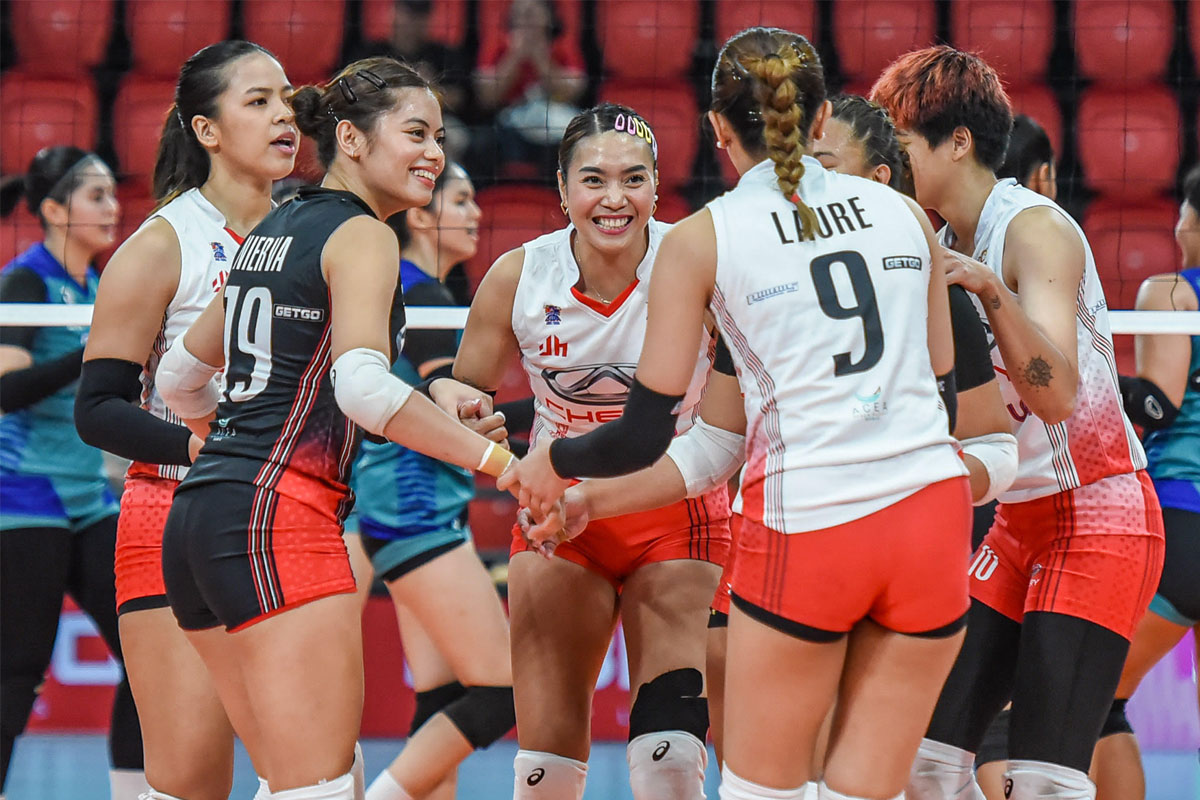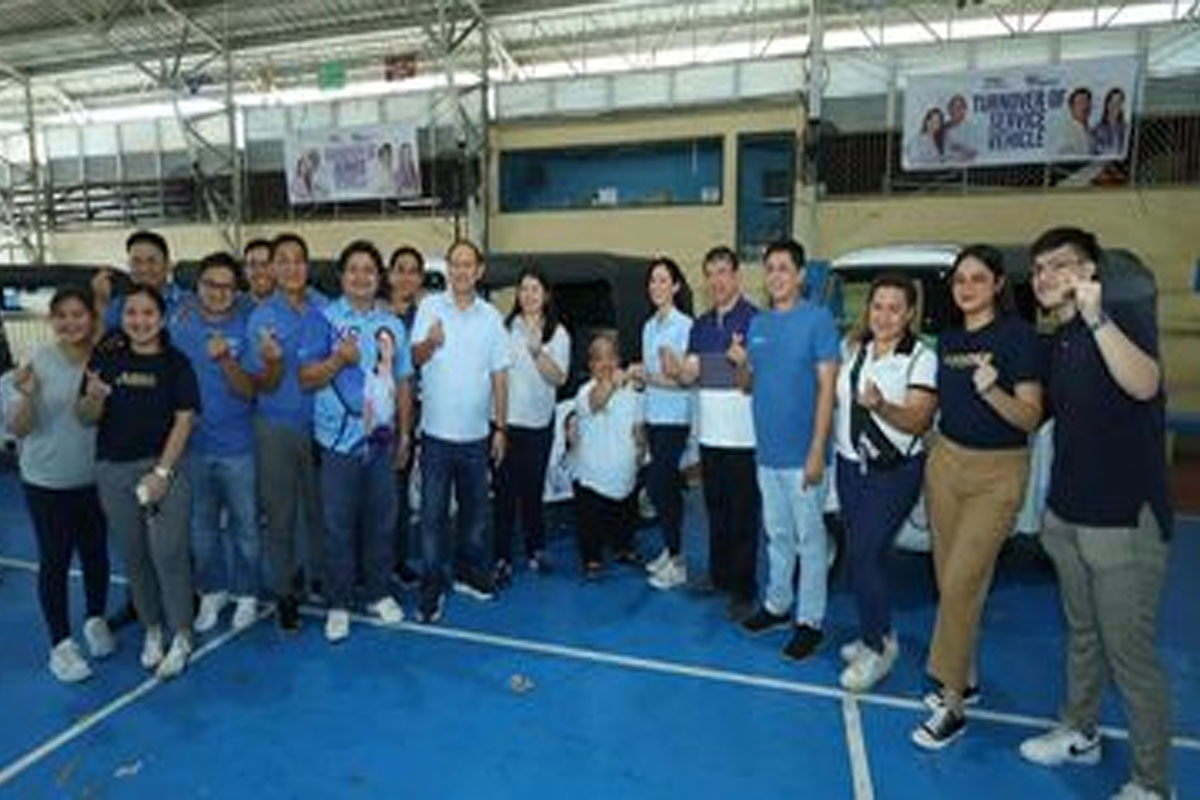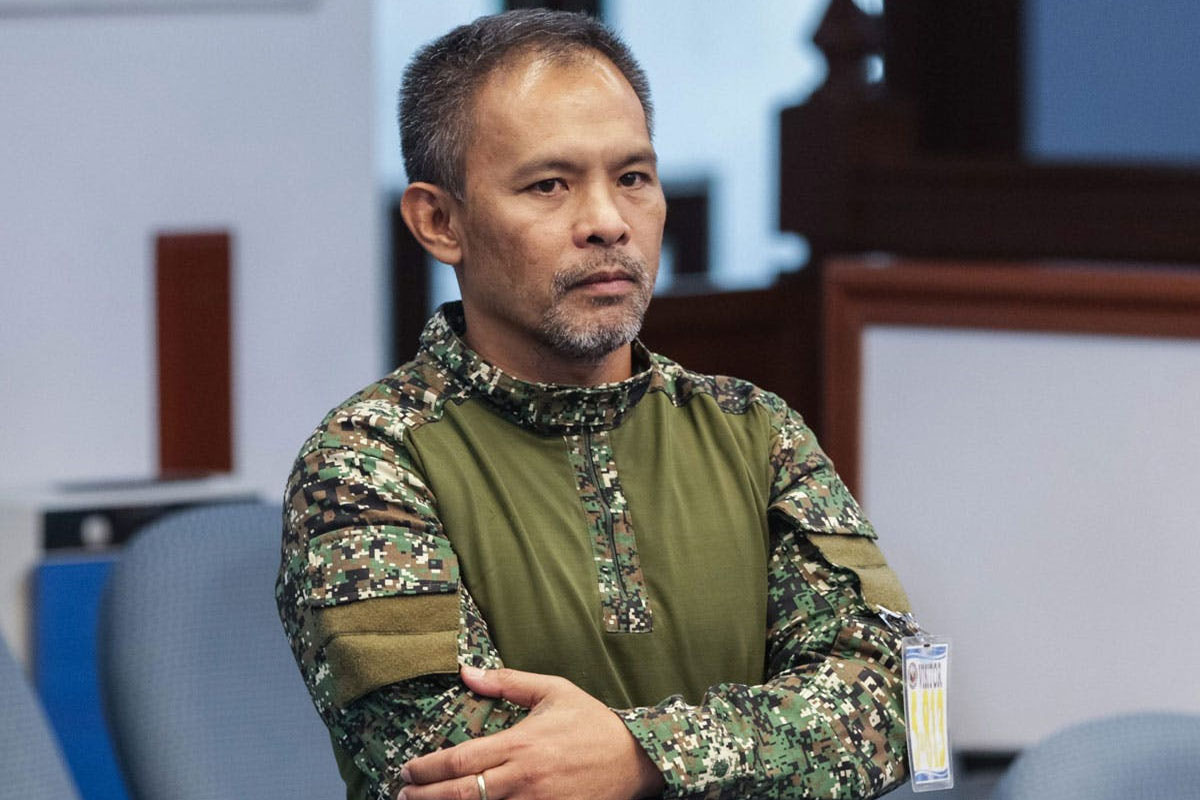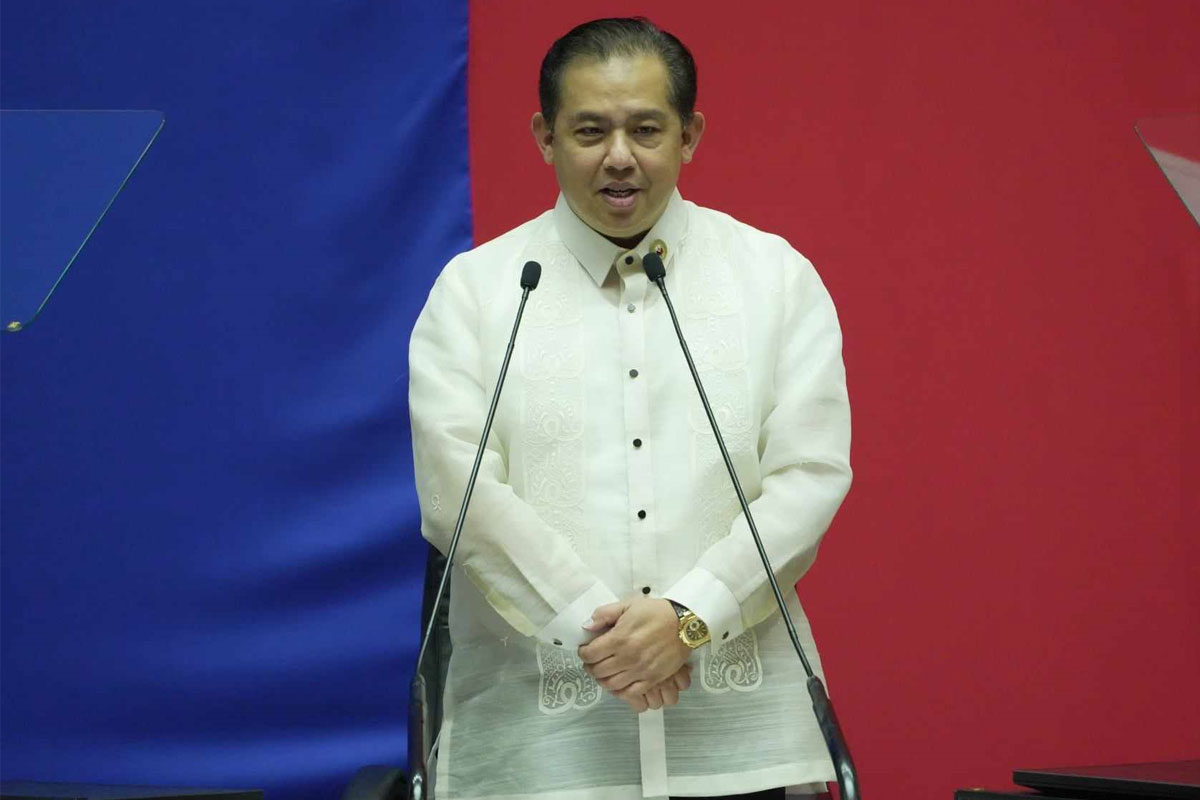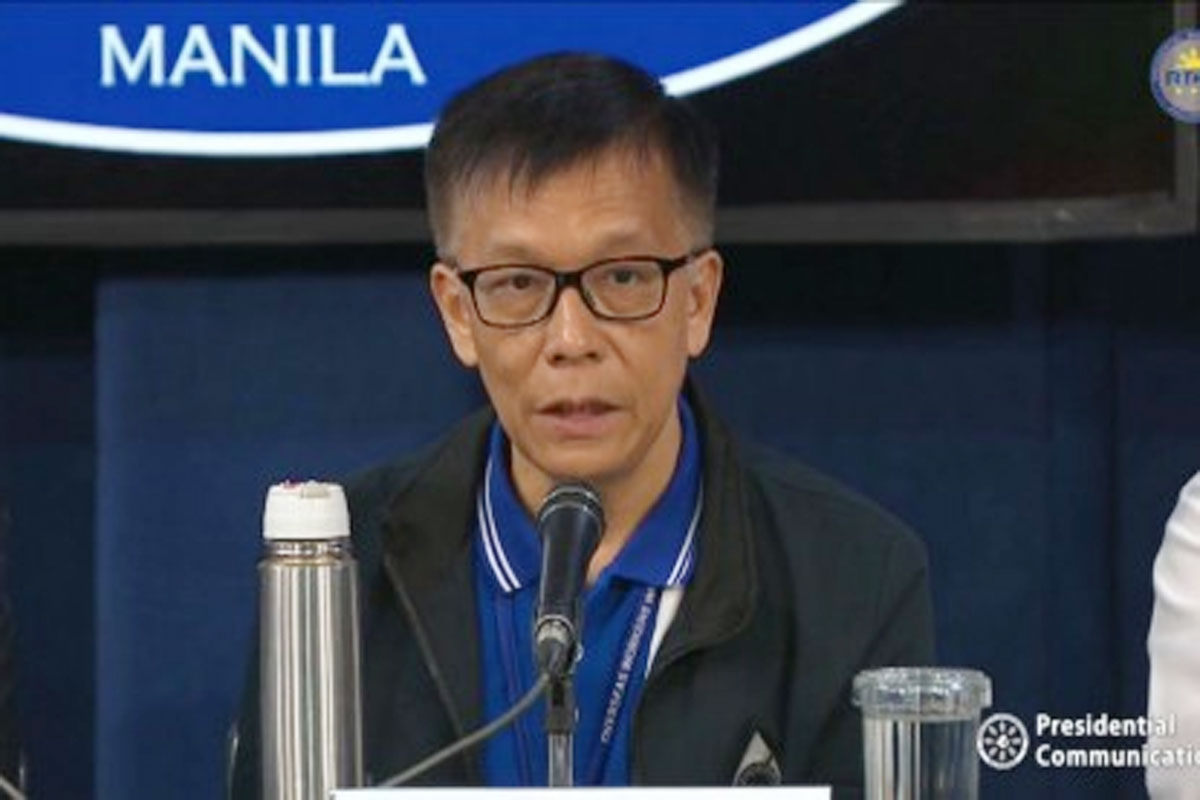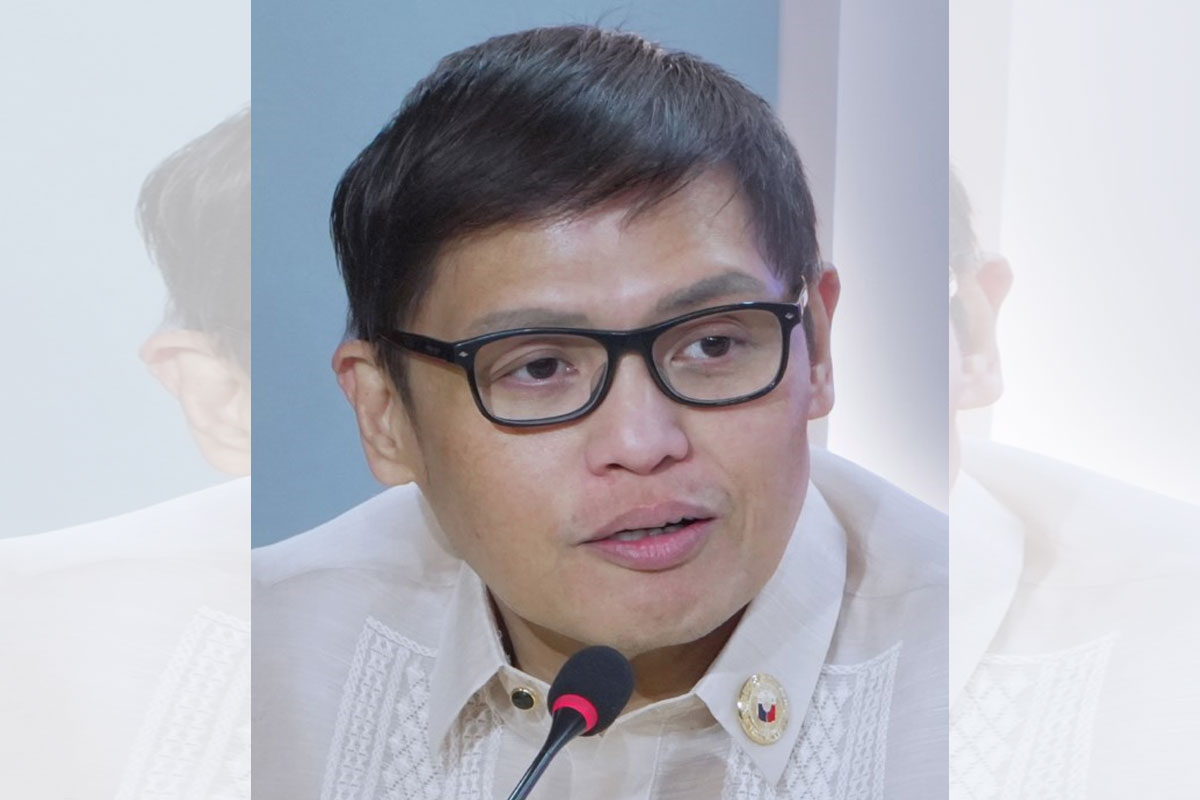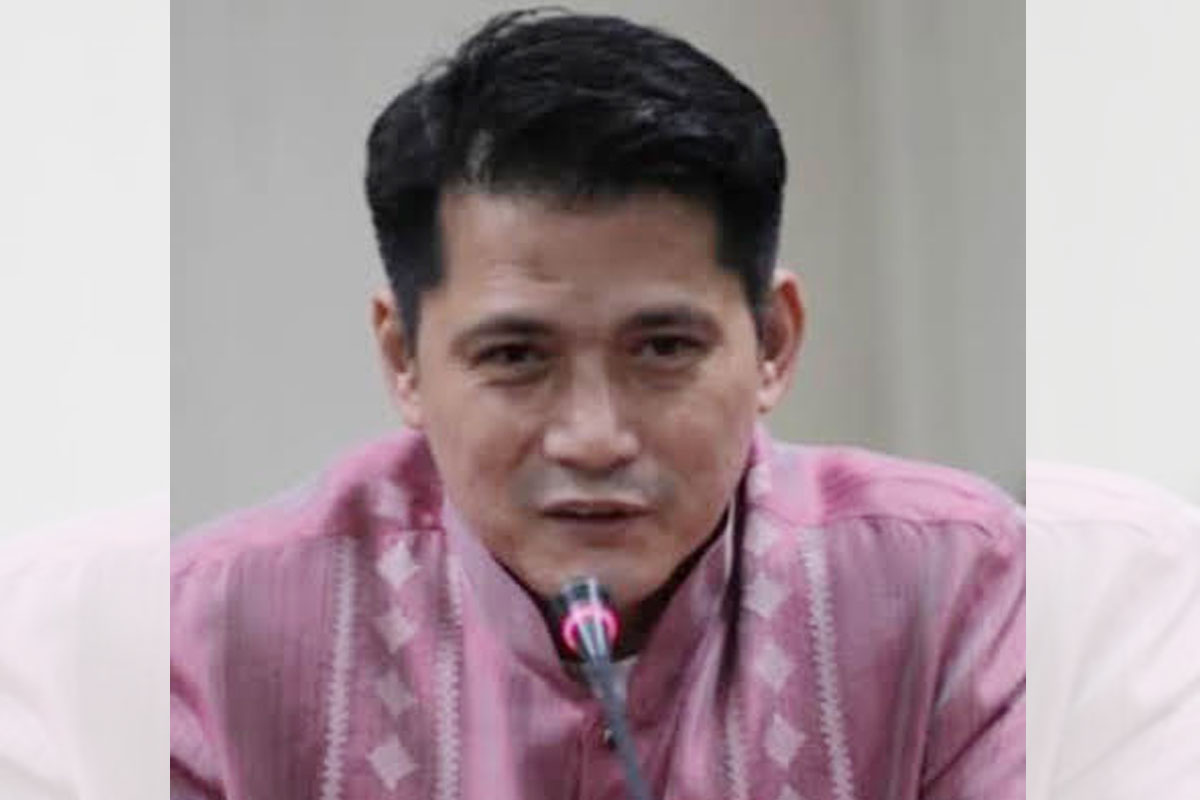
Padilla committee finalizes proposed reso for economic reform
THE Senate Committee on Constitutional Amendments and Revision of Codes, chaired by Senator Robinhood “Robin” C. Padilla, has prepared a proposed Resolution of Both Houses, which will amend the 1987 Constitution and be ratified by a constituent assembly or “Con-Ass.” The same has been disseminated to senators for their signature.
Padilla’s committee report is the result of eight committee hearings, including three in Davao, Baguio, and Cebu cities.
The gist of the committee report and proposed Resolution of Both Houses highlights the many benefits of amendments to at least seven economic provisions in the 1987 Constitution and its proposed ratification by a constituent assembly.
“Our long-suffering economy and people will benefit greatly with amendments to at least seven economic provisions in the 1987 Constitution, which will be ratified via a constituent assembly (Con-ass),” the report said.
Said amendments, the committee report said, will accelerate economic growth and fulfill the country’s international commitment by amending or removing restrictive economic provisions preventing foreign businesses from directly investing in the country.
He added it would be more “cost-efficient” for the Philippines to amend the Constitution via Con-ass, citing data from the National Economic and Development Authority (NEDA) that this would entail P46 million if held simultaneously with the Barangay/SK elections (BSKE) this October.
In contrast, an election of delegates for the Constitutional Convention would amount to P14.7 billion if the election is held simultaneously with the BSKE; and P28.5 billion if held separately from the Barangay Elections. This is aside from an added P28.5 billion for the plebiscite of the amendments proposed by the Constitutional Convention.
Padilla said that he looks forward to working with counterparts in the House of Representatives to iron out the differences. “Ang mahalaga ay ang ekonomiya at taumbayan natin ang makikinabang,” he said.
Under the committee report, all provisions of existing laws, rules, and regulations imposing protectionist or nationality prohibitions on the exploration, development, and utilization of natural resources; ownership of private lands; grant of congressional franchises; ownership, and operation of public utilities; ownership of educational institutions; and ownership and management of mass media and advertising, “shall remain in full force and effect, until their enabling laws take effect.”
In seeking the economic amendments, Padilla noted the Philippines ranks 13th out of 14 economies in the Asia-Pacific in Foreign Direct Investment (FDI) attractiveness due to its “poor infrastructure” and “competitiveness rankings,” according to a study conducted by United Kingdom-based Oxford Economics in 2021.
The Philippines ranks third, after Libya and Palestine, in FDI restrictiveness, according to the 2020 Organization for Economic Cooperation and Development Foreign Direct Investment Regulatory Restrictiveness, he added.
On the other hand, he said Chief Presidential Legal Counsel Juan Ponce Enrile noted, “Congress is supposed to be the guardian of the economy, of the progress of the country [and] its political stability” and that Congress should be given the flexibility by adding “unless otherwise provided by law” in the economic provisions. This transfers the power to determine the advisability or non-advisability of the participation of foreign capital in the development of the country to Congress instead of shackling the people permanently to a restrictive constitutional provision.
“Baguio City Mayor Benjamin Magalong impressed upon us the need to change certain economic provisions which he considered obsolete and outdated, among which are the ownership of [the] land of foreign nationals, exploitation of resources, and ownership of public utilities,” Padilla added. He noted Magalong committed to getting the support of the people of Baguio in pushing for the amendment to the economic provisions of the Constitution.
Also, he said Cebu City Mayor Michael Rama expressed his support for the constitutional amendment stating that the people should not live in the worries of the past.
Under the committee report, Padilla pushed for amendments to the following provisions of the Charter:
1. Section 2 of Article XII (National Economy and Patrimony), is amended to read as follows: “… The exploration, development, and utilization of natural resources shall be under the full control and supervision of the State (which) may directly undertake such activities, or it may enter into co-production, joint venture, or production-sharing agreements with Filipino citizens, or corporations or associations at least sixty per centum of whose capital is owned by such citizens, UNLESS OTHERWISE PROVIDED BY LAW. Such agreements may be for a period not exceeding twenty-five years, renewable for not more than twenty-five years, and under such terms and conditions as may be provided by law.”
2. Section 3 of Article XII (National Economy and Patrimony), is amended to read as follows:
“… Private corporations or associations may not hold such alienable lands of the public domain except by lease, for a period not exceeding twenty-five years, renewable for not more than twenty-five years, and not to exceed one thousand hectares in area, UNLESS OTHERWISE PROVIDED BY LAW. Citizens of the Philippines may lease not more than five hundred hectares, or acquire not more than twelve hectares thereof by purchase, homestead, or grant.”
3. Section 7 of Article XII (National Economy and Patrimony), is amended to read as follows: “Save in cases of hereditary succession, no private lands shall be transferred or conveyed except to individuals, corporations, or associations qualified to acquire or hold lands of the public domain, UNLESS OTHERWISE PROVIDED BY LAW.”
“THE CONGRESS MAY, BY LAW, SOLELY FOR THE PURPOSE OF FOREIGN DIRECT INVESTMENT, ALLOW: 1. ALIENS TO ACQUIRE PRIVATE LANDS NOT EXCEEDING ONE THOUSAND SQUARE METERS IN AREA; AND, 2. FOREIGN-OWNED CORPORATIONS TO ACQUIRE RURAL PRIVATE LANDS NOT EXCEEDING FIVE HECTARES IN AREA.”
4. Section IO of Article XII (National Economy and Patrimony), is amended to read as follows: “Sec. 1O. The Congress shall, upon recommendation of the economic and planning agency, AND when the national interest dictates, reserve CERTAIN AREAS OF INVESTMENT to citizens of the Philippines or, UNLESS OTHERWISE PROVIDED BY LAW, to corporations or associations at least sixty per centum of whose capital is owned by such citizens. The Congress Shall enact measures that will encourage the formation and operation of enterprises whose capital is wholly owned by Filipinos.”
5. Section 11 of Article XII (National Economy and Patrimony), is amended to read as follows: “No franchise, certificate, or any other form of authorization for the operation of a public utility shall be granted except to citizens of the Philippines or to corporations or associations organized under the laws of the Philippines at least sixty per centum of whose capital is owned by such citizens, UNLESS OTHERWISE PROVIDED BY LAW; nor shall such franchise, certificate, or authorization be exclusive in character or for a longer period than fifty years…”
“… The participation of foreign investors in the governing body of any public utility enterprise shall be limited to their proportionate share in its capital, and UNLESS OTHERWISE PROVIDED BY LAW, all the executive and managing officers of such corporation or association must be citizens of the Philippines.”
6. Section 4(2) Of Article XIV (Education, Science and Technology, Arts, Culture and Sports), is amended to read as follows: “Educational institutions, other than those established by religious groups and mission boards, shall be owned solely by citizens of the Philippines or corporations or associations at least sixty per centum of the capital of which is owned by such citizens, UNLESS OTHERWISE PROVIDED BY LAW. The Congress may, however, require increased Filipino equity participation in all educational institutions… The control and administration of educational institutions shall be vested in citizens of the Philippines, UNLESS OTHERWISE PROVIDED BY LAW.”
7. Section 11(1) and (2) of Article XVI (General Provisions), is amended to read as follows: “The ownership and management of mass media shall be limited to citizens of the Philippines, or to corporations, cooperatives or associations, wholly-owned and managed by such citizens, UNLESS OTHERWISE PROVIDED BY LAW…”
“… Only Filipino citizens or corporations or associations at least seventy per centum of the capital of which is owned by such citizens shall be allowed to engage in the advertising industry, UNLESS OTHERWISE PROVIDED BY LAW.”
“… The participation of foreign investors in the governing body of entities in such industry shall be limited to their proportionate share in the capital thereof, and all the executive and managing officers of such entities must be citizens of the Philippines, UNLESS OTHERWISE PROVIDED BY LAW.”


